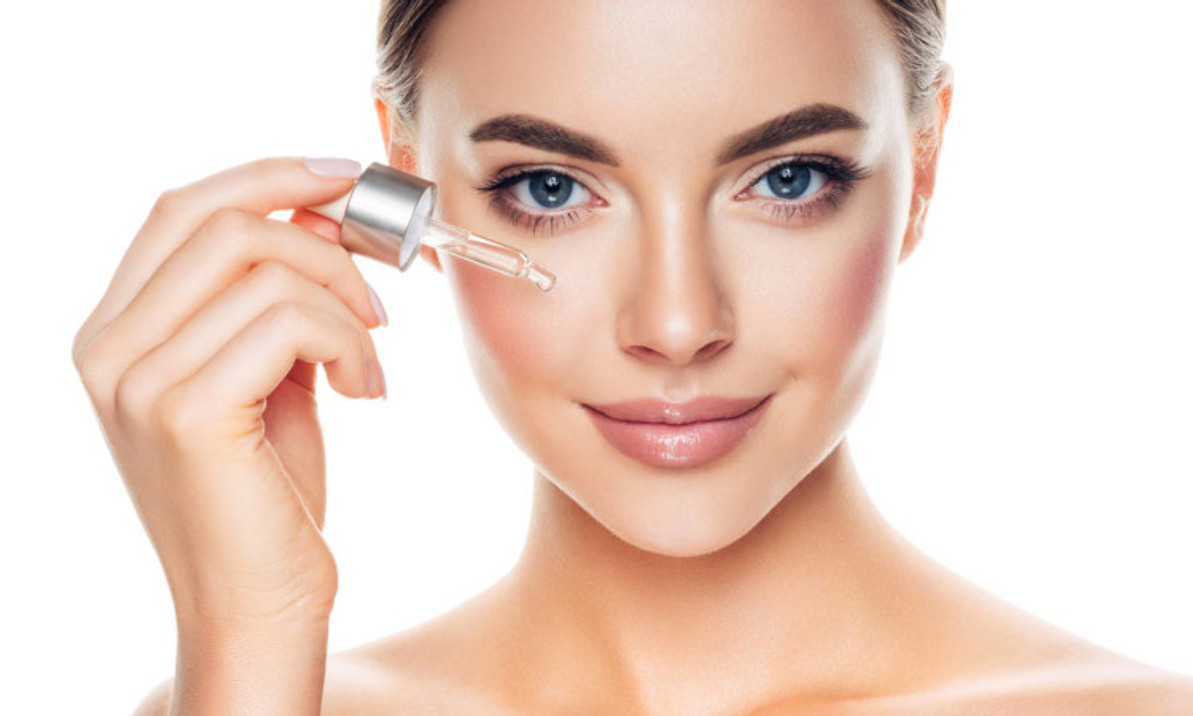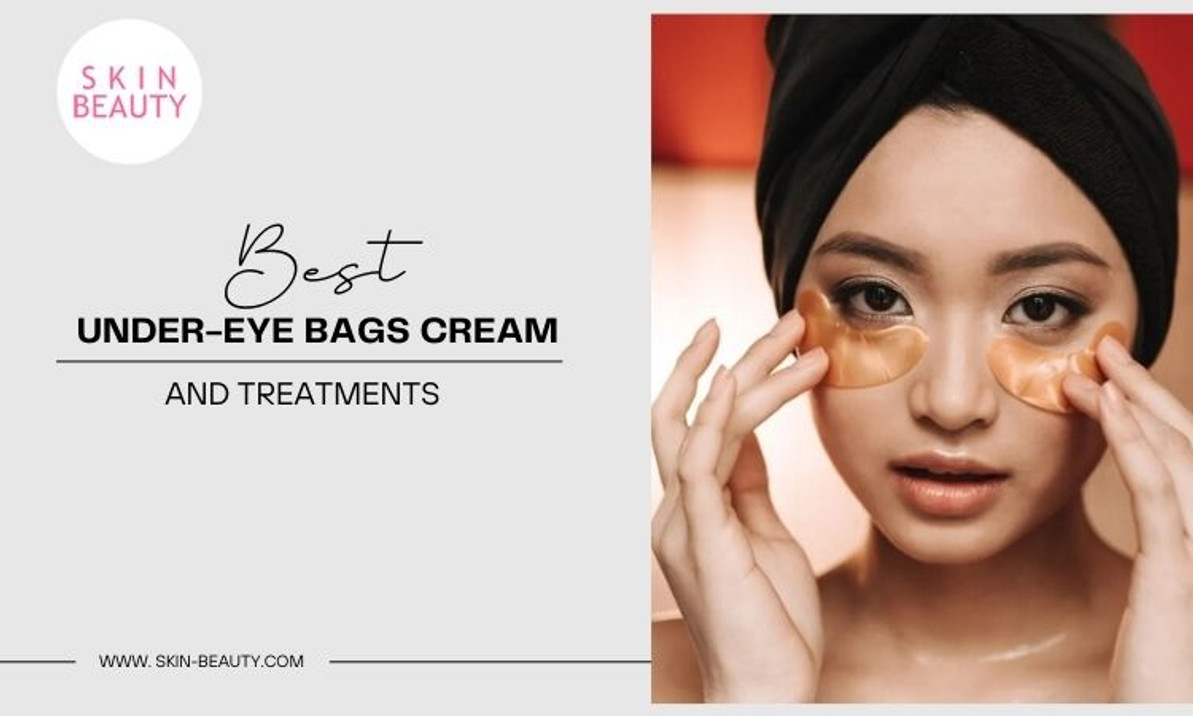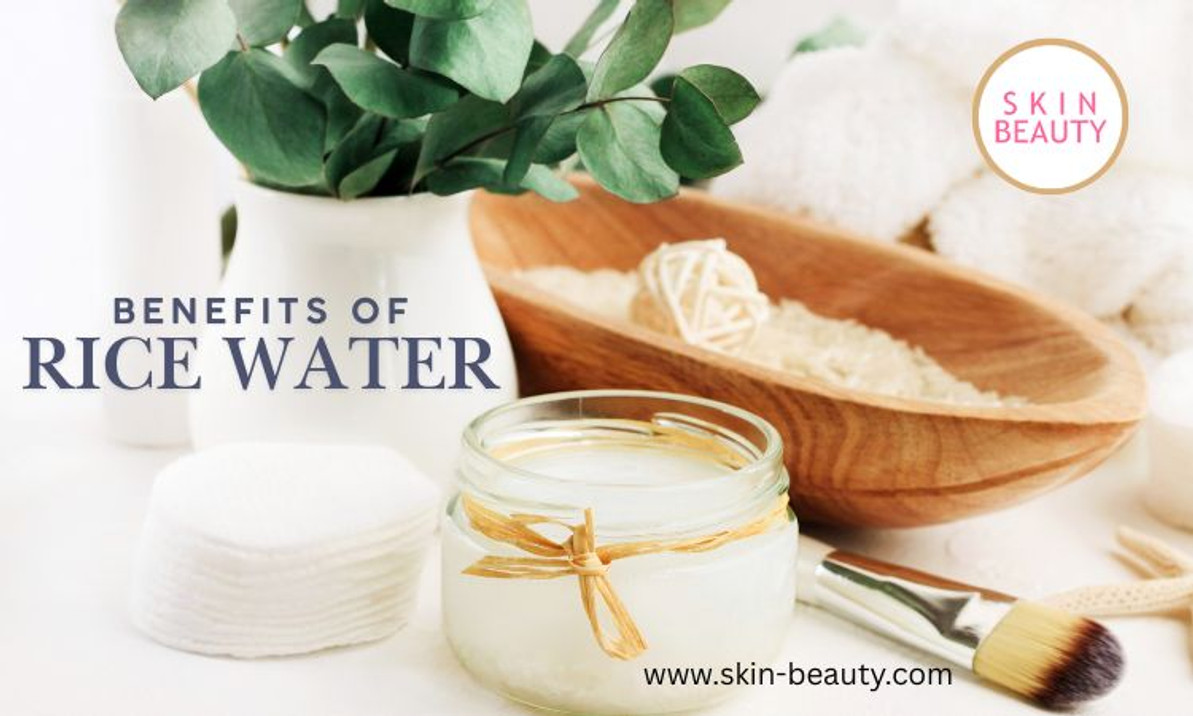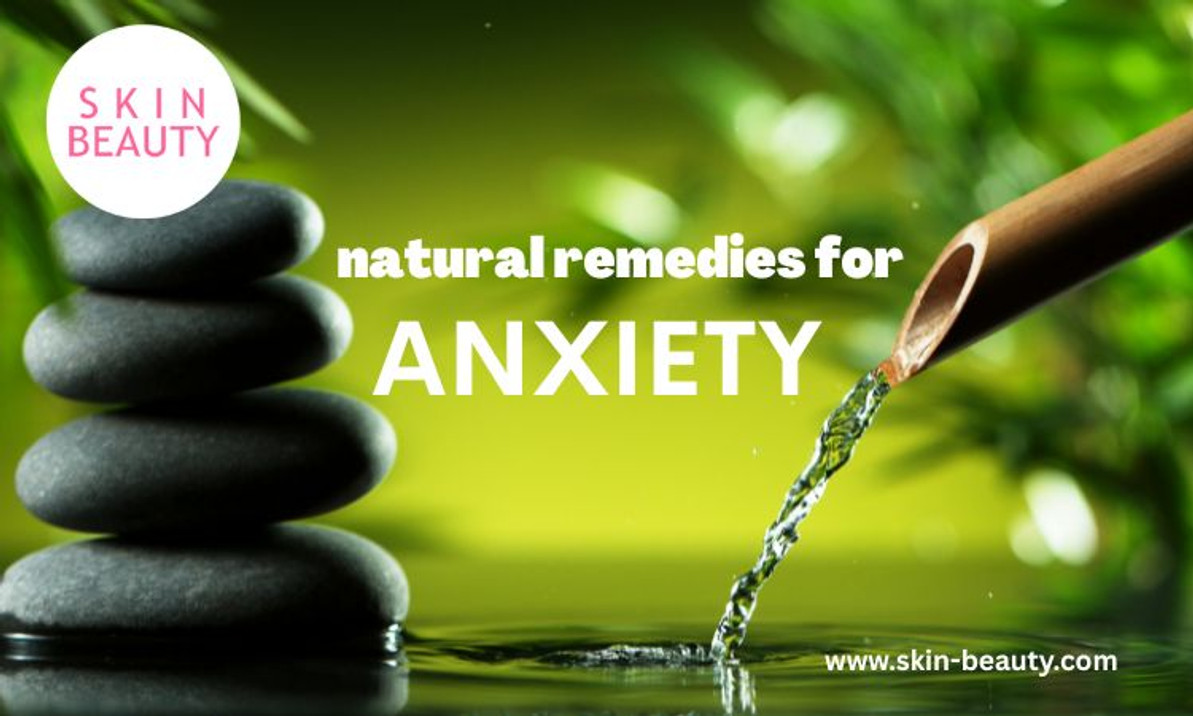Face Serums: Are They Necessary?
In This Article
Cleansing and moisturizing are the basics of a skincare regimen. But what about serums? Many don't use serums because they're not quite sure of the purpose, or it's just another step they don't want to include in their routine. Let's take a look at what serums do to help you decide on whether it's something you “need” or if it's something you want to do to boost your skincare routine.
What Is Face Serum?
Face serums are lightweight topical products with a highly concentrated amount of specific active ingredients and vitamins. Serums are made up of smaller molecules with high penetration power and can deliver a potent concentration of active ingredients to address skin issues. Serums work by absorbing into the skin quickly to promote healthy skin. Face serums are formulated to treat various skin concerns such as anti-aging, dark spots, hyperpigmentation, acne, clogged pores, dehydration, uneven skin tone, redness, or sensitivity.
Face Serums VS Moisturizer
Although there are serums formulated to hydrate the skin, it is not a substitute for a moisturizer. Serums are intended to penetrate deeply into the skin to deliver targeted active ingredients, whereas moisturizers help to fortify the surface of the skin, bind skin cells together more effectively, and work at the surface of the skin to increase hydration. Serums are thinner and lighter, whereas moisturizers have a thicker, creamier consistency. The moisturizer's job is to create a barrier and lock in moisture. If you're looking to target a specific skin concern, a serum is better. If continuous hydration is your goal, go for the moisturizer.
Face Serum Benefits
Anti-Aging
Anti-aging serum ingredients commonly include fruit stem cells, evening primrose, grape seed extract, vitamin C, peptides, growth factors, retinol, and alpha hydroxy acids to combat the signs of premature aging by boosting collagen production, regenerating the skin, and smoothing skin's surface and visible pores. It also helps protect against oxidative damage and future skin damage. Anti-aging serums address issues such as fine lines, sagging, skin firmness, and wrinkles while plumping the skin.
Skin Brightening
Serums that brighten dull skin works by fading age or sunspots, evening skin tone, and diminishing hyperpigmentation. Skin lightening ingredients for glowing skin may often include green tea, licorice root, grapefruit, or antioxidants like vitamin E and vitamin C, kojic acid, ferulic acid, and peptides.
Acne-Fighting
Acne prone skin can benefit from acne-fighting serums because they reduce blemishes and prevents them before they form. Salicylic acid, alpha-hydroxy acid (AHA) and beta-hydroxy acid (BHA), glycolic acid, citric acid, zinc, and botanical extracts like tea tree, thyme, cucumber, and green tea are formulated with small molecules that can easily dive deep into the skin and deliver potent active ingredients. Acne fighting serums tighten skin, unclog and minimize pores, absorb excess oil, and minimize any redness or irritation. They can also aid in fading acne scars, while gently removing any buildup of dead skin cells. Those with oily skin types may find that the lightweight serum is better because it helps with oil production as well.
Hydrating Serum
Dehydrated and dry skin can benefit from hydrating serums. It penetrates deep into your pores to deliver an extra layer of hydration to minimize dryness. Ingredients such as argan oil, glycerin, hyaluronic acid, aloe vera, rosehip oil, ceramide, rosewater, sea kelp, jojoba, and vitamin E are excellent to hydrate skin. Using a moisturizer after a hydrating serum is recommended to lock in the moisture in combination skin and dry skin types.
Exfoliating
An exfoliating serum works to smooth and tone complexion, diminish fine lines and wrinkles, and correct discoloration and hyperpigmentation from natural aging and sun damage. It works to removed dead skin cells and unclogs pores. Key ingredients in exfoliating facial serums are alpha hydroxy acids like glycolic acid or lactic acid, retinol, enzymes from plant or fruit extracts, and citric acid.
Reparative
Reparative and renewing face serums stimulate the skin's natural repair functions so your skin can heal at its core. It fades away acne scarring and sun damage while promoting the growth of skin cells such as collagen and elastin. They also work hard to protect you against harmful free radicals caused by daily aggressors. Some main ingredients in reparative and renewing face serums are seaweed, noni extract, flower water, green tea, ceramides, retinol, Resveratrol (from Japanese knotweed), antioxidants, essential oils, and Omega-3 fatty acids.
Recent Posts
-
Best Under-Eye Bags Cream and Treatment
Best Under-Eye Bags Cream and Treatment Do you have the dreaded under-eye bags that make you lo …Apr 14th 2025 -
Rice Water for Skin Benefits
Rice Water for Skin Benefits Rice water for skin has become a viral beauty trend that is suppos …Apr 4th 2025 -
Natural Remedies for Anxiety
Natural Remedies for Anxiety Everyone experiences anxiety symptoms every now and then. We live …Mar 28th 2025





